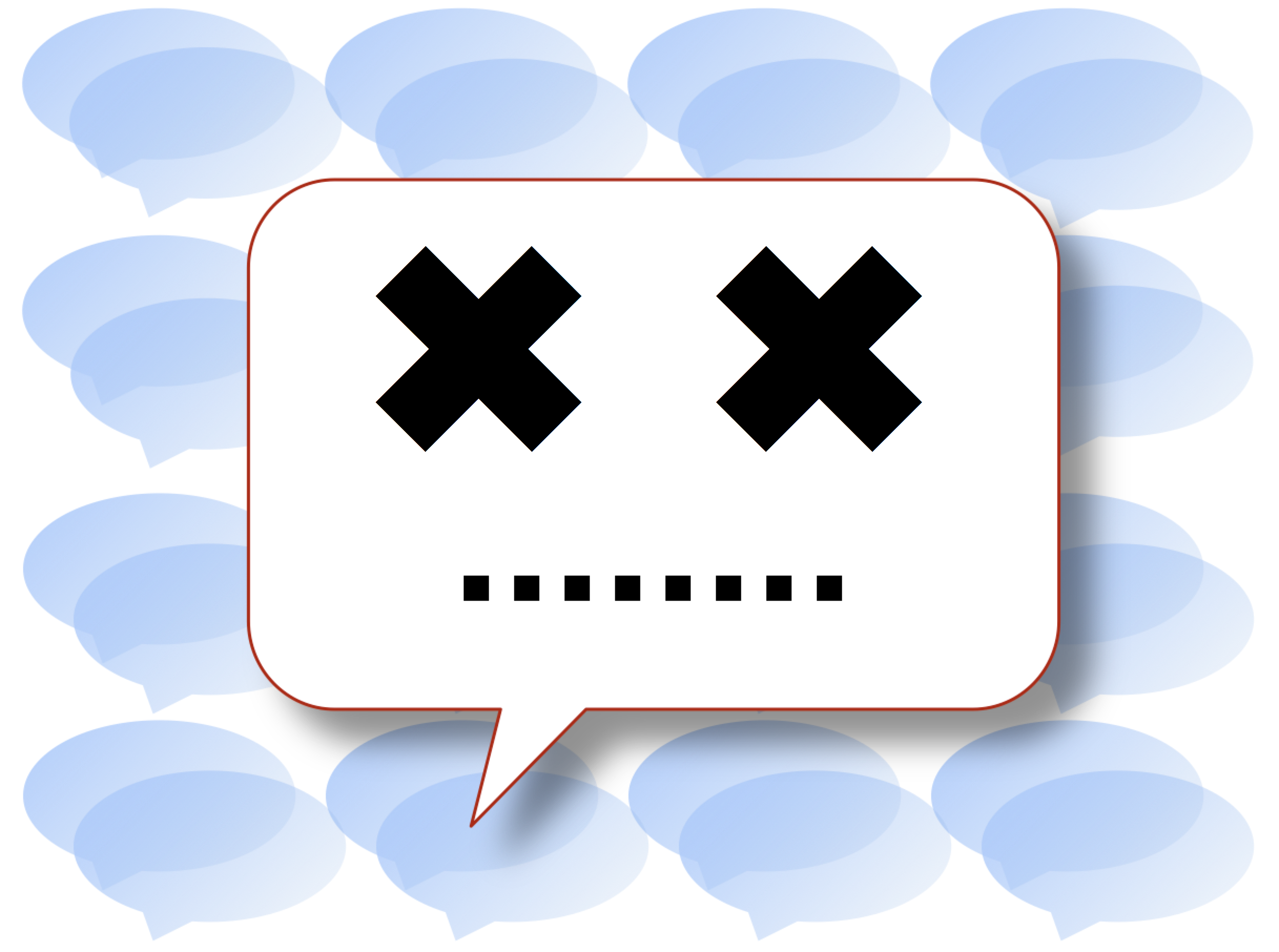What Closing Comments Says About Risk Management

One design choice made in this week’s refresh of Project DisCo was to join a number of other sites in closing the comments section. This is a decision not without controversy. In recent years, the site Techdirt has critically chronicled numerous instances of editors removing comment sections.
Some major news publications continue to maintain comment sections in spite of the challenges, but many others have effectively ceded that function to social media. This decision can have business ramifications as well as editorial ones; for sites utilizing ad-supported business models, removing comment sections forfeits user discussion pageviews to competitors like Twitter, Facebook, and LinkedIn. In this sense, the rise of social media has disrupted the business model of locally monetizing user discussion of the site content, since content producers must compete with services that specialize in providing such tools.
From DisCo’s perspective, while the comment section has brought valuable contributions and corrections (along with spam and trolls), analytics tell us that DisCo readers already engage more often with the content on social media, and this change isn’t likely to meaningfully affect reader engagement.
But there’s another aspect to this decision that most news publications omit in explaining how removing comments nevertheless shows they “value their readers.” That other aspect is risk management. Providing an open space for content submission is not a risk-free activity. Comment sections have always presented the risk of liability for third-party content. The mid-1990s legal case that resulted in Section 230, a provision of U.S. law largely responsible for enabling the modern Internet, was spawned by libel claims concerning comments posted to a Prodigy discussion board. A concerted legislative and litigation assault on these protections means that a website’s decisions to remove some offensive content but leave other content online is increasingly at risk of being second-guessed by a fact-finder in a court of law.
In addition, as of Jan. 1, 2018, maintaining a site’s DMCA 512 protections – provisions that protect intermediaries from copyright liability when an ignorant or malicious user posts infringing content to a site – now requires triennial re-registration of a Designated Agent with the U.S. Copyright Office. Neglecting this paperwork obligation could lead to ruinous liability.
In the EU, where many DisCo readers reside, similar threats against intermediary protections are also on the rise, bringing new legal risks. As previous DisCo posts have explained, Article 13 of the European Commission’s copyright reform proposal “would make online platforms liable for every piece of content uploaded by their users – thereby killing the open platform model. It would also force a very broad range of websites to implement mechanisms to filter all comments, pictures, videos, etc. uploaded by their users, causing broad censorship across the Internet.”
Those risks make self-hosting third-party content harder to rationalize, particularly when the readership is already active on another platform. Closing comments functionally outsources user-generated content risk management to another party.
A frequent result of heavily regulatory policy solutions is to advantage larger firms over smaller ones, who can spread both cost and risk management across a larger number of customers. This is because regulations are all too frequently written with the largest firms in mind, rather than all firms, and impose burdens that function as barriers to new market entrants. As noted in a spate of articles about the impending GDPR in Europe [1] [2] [3], imposing new regulatory obligations can have the effect of pushing heavily regulated functions toward larger, well-resourced competitors. “Regulations like this [GDPR] tend to hit small companies the hardest”, noted The Verge.
Liability for intermediary content appears to be moving in a similar direction, and the endangered status of the oft-derided comment section is only a canary indicating this broader development. For DisCo, moving all reader engagement to social media was a less consequential decision because that’s where the reader conversation was already occurring. But not all sites are similarly situated. An increasingly unfriendly regulatory environment may be leading some sites into choices dictated not by readers’ preferences, but those of the site’s risk manager.








